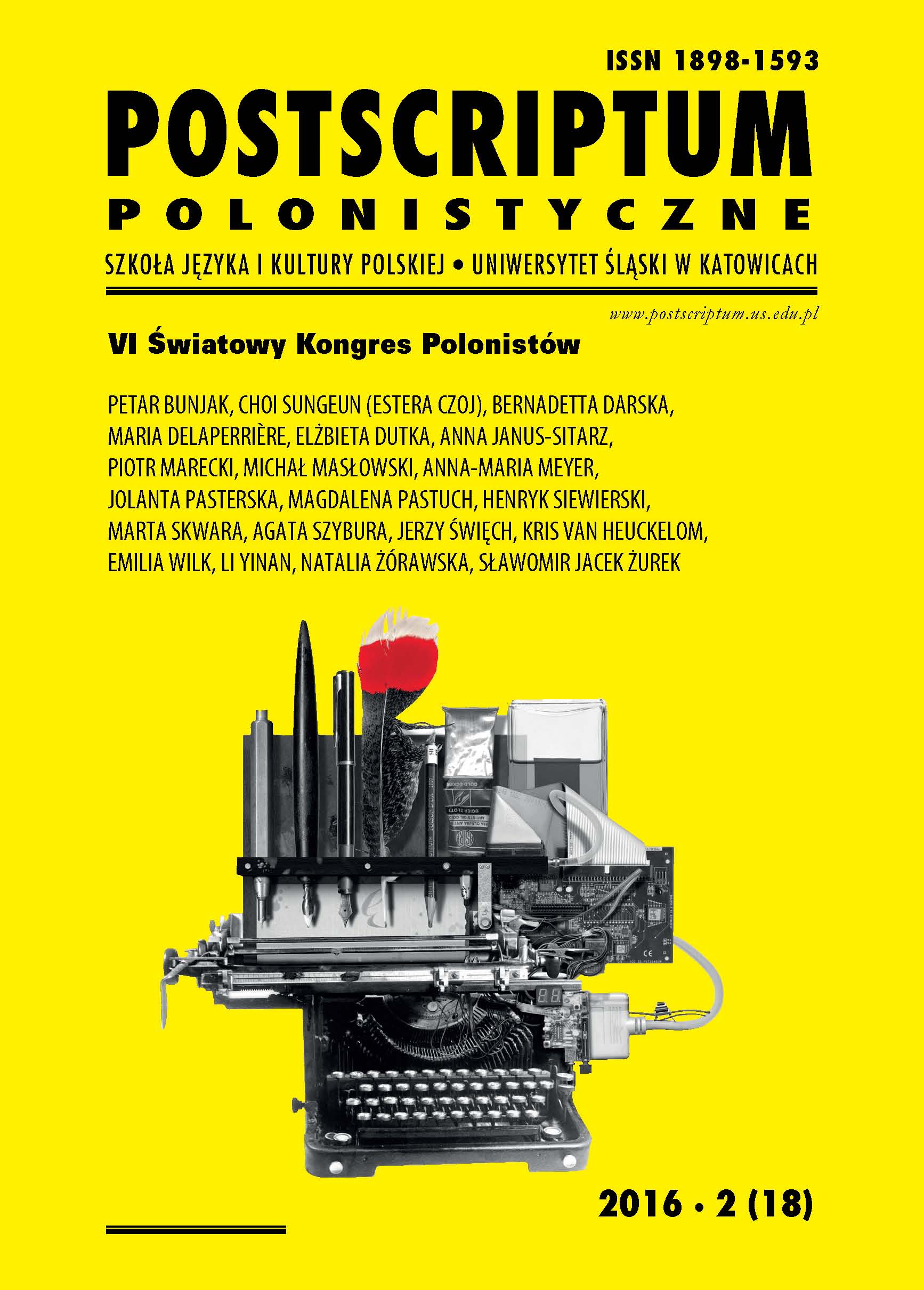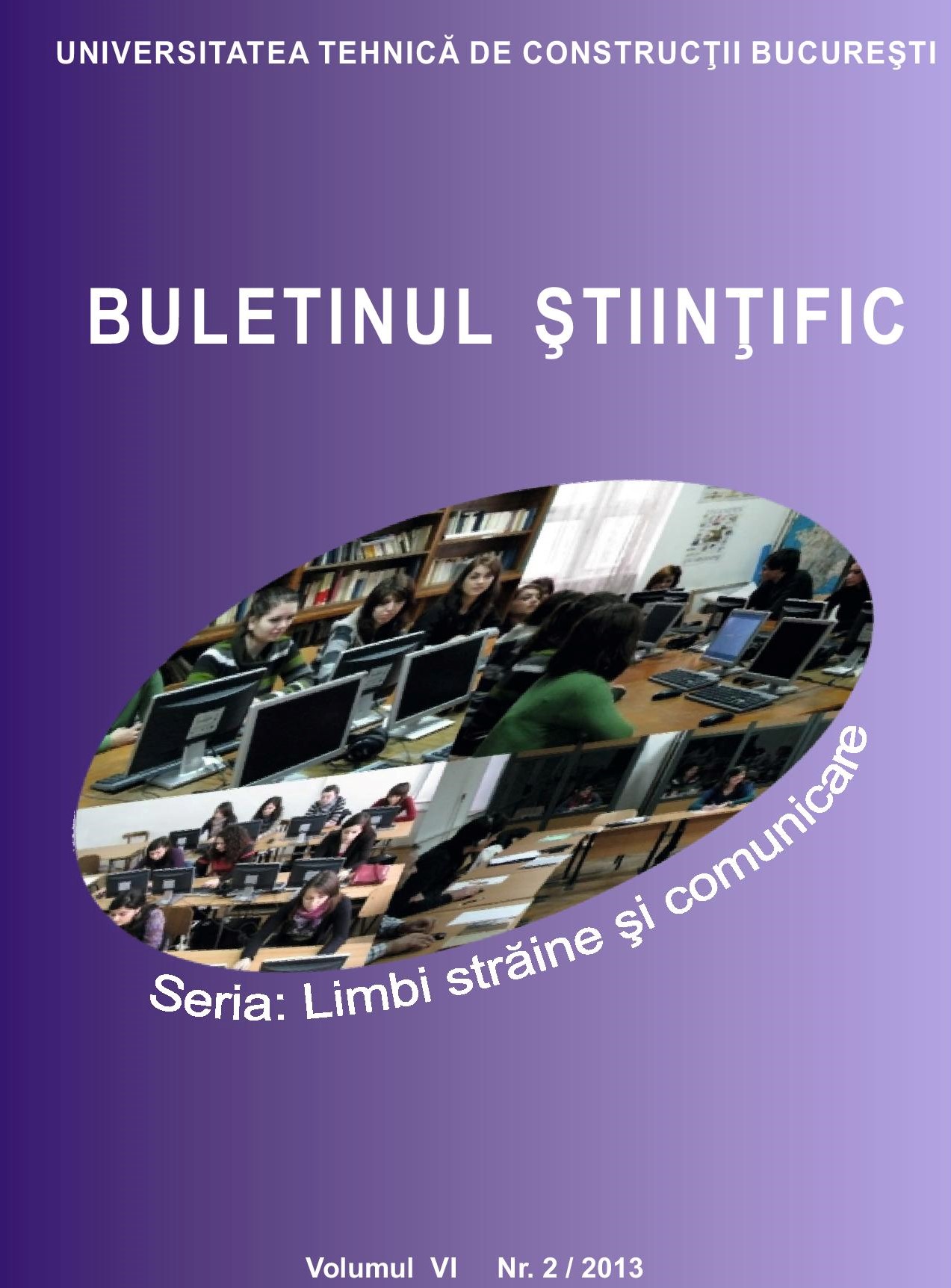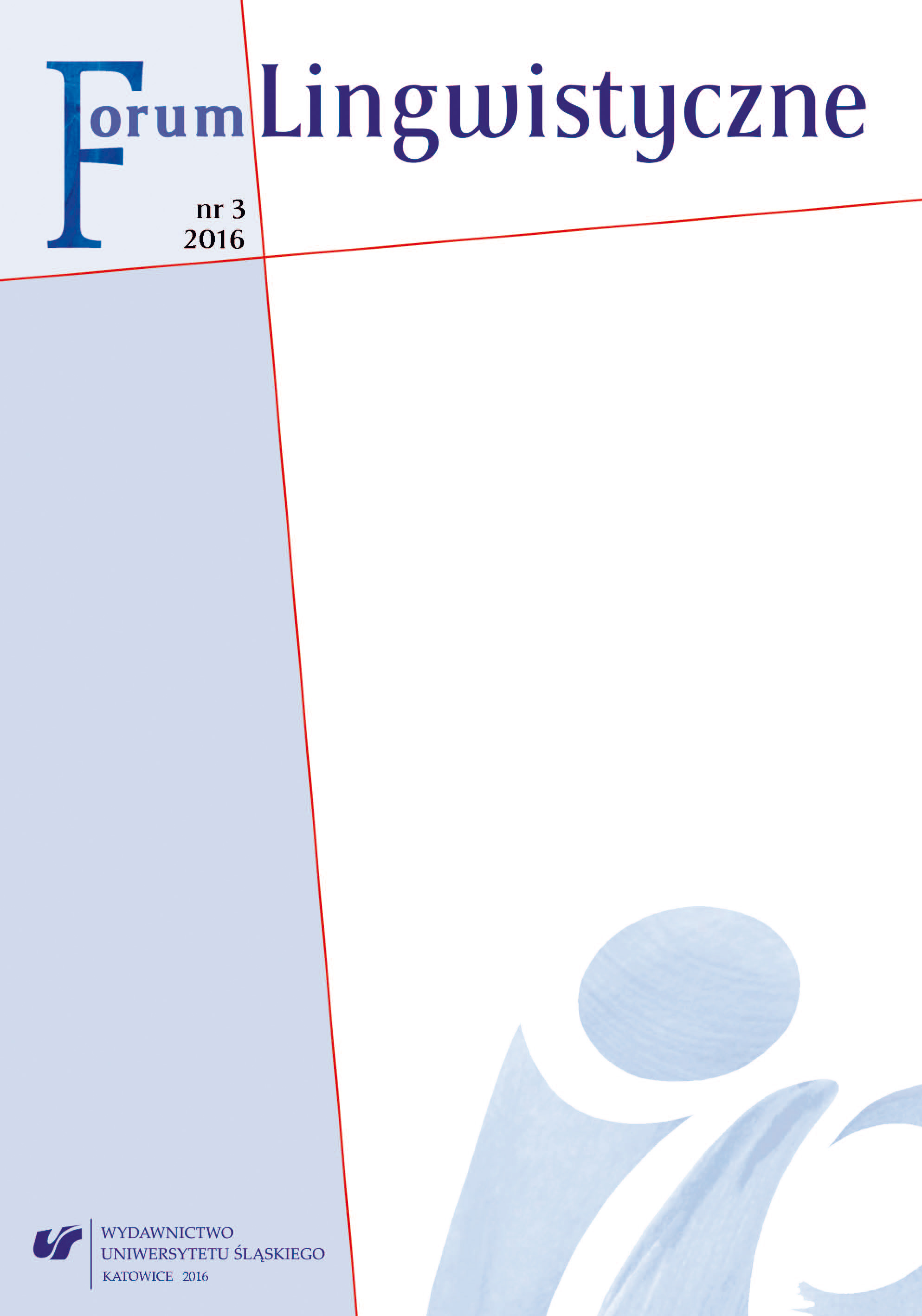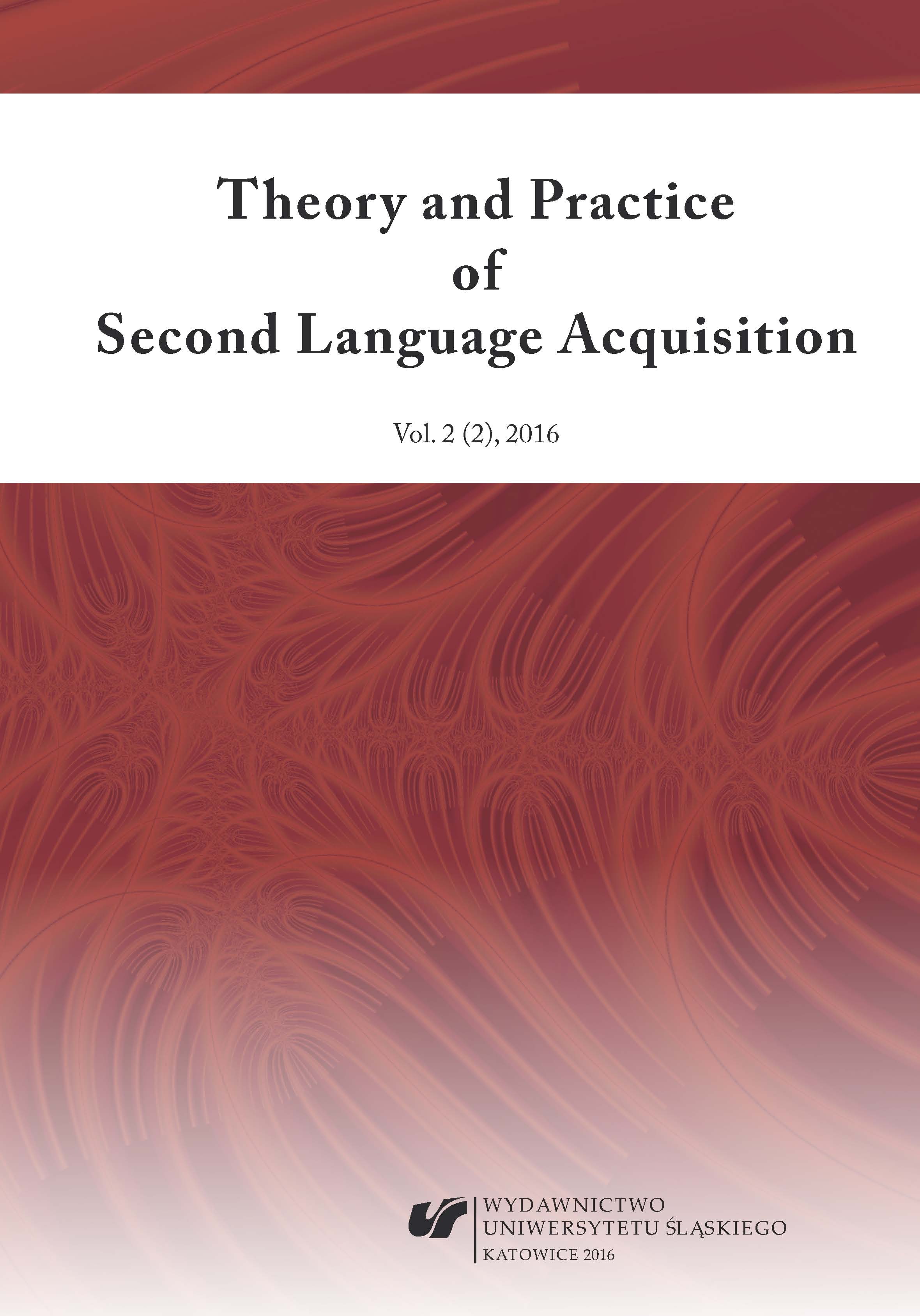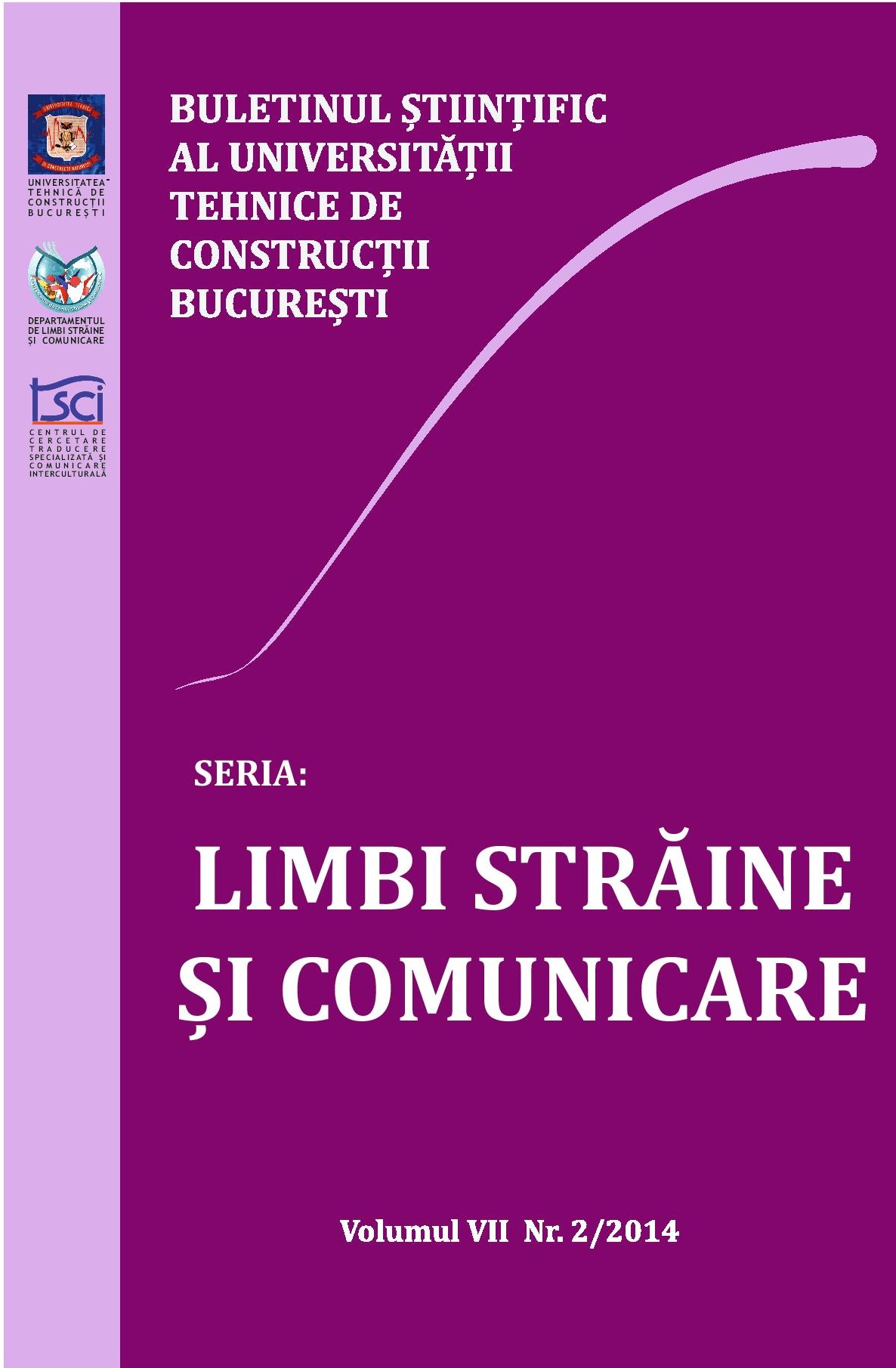
INTERSEMIOTIC TRANSLATION AND THE TUMULTUOUS WORLD OF GRAFFITI AND SCRATCHITI
Translation Studies has crossed a tumultuous interval of theorization. But has it passed the linguistic limits instituted by a semiotician like Umberto Eco? Wouldn’t be the time to access more courageously the intersemiotic interregnum with its heterogeneous transfer of signs? As it happens in advertising, concrete poetry, tattoos, and stage or filmed version of famous texts? We have gradually accepted that in the postcolonial and cross-cultural epoch what matters is not consensus, but negotiation and understanding. We assimilated the postmodern lesson about Grand Narratives (J–F. Lyotard) and the subjectivity of recorded history. So, we have to question ourselves about the role of translation and translators in a post-industrial society which blends globalized edutainment and corporatist efficiency, prejudice, reverse colonialism and anti-establishment movements. What type of equivalence are we supposed to choose in order to persuade today? The ekphrastic approach of translations may be better tuned to out gadgetized and image-informed epoch.
More...

